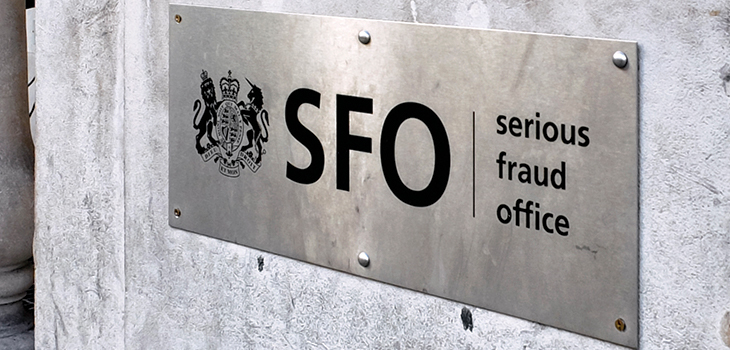
Five years on, and with a body of casework now built up, it’s time to assess the credibility of deferred prosecution agreements (DPAs).
Writing in NLJ this week Ross Dixon, partner, Hickman & Rose, notes the expected flood of DPAs has not materialised. There have been nine so far.
Dixon looks into the reasons for the lack of popularity of these innovative arrangements and why, despite the low uptake, he believes DPAs are here to stay.








